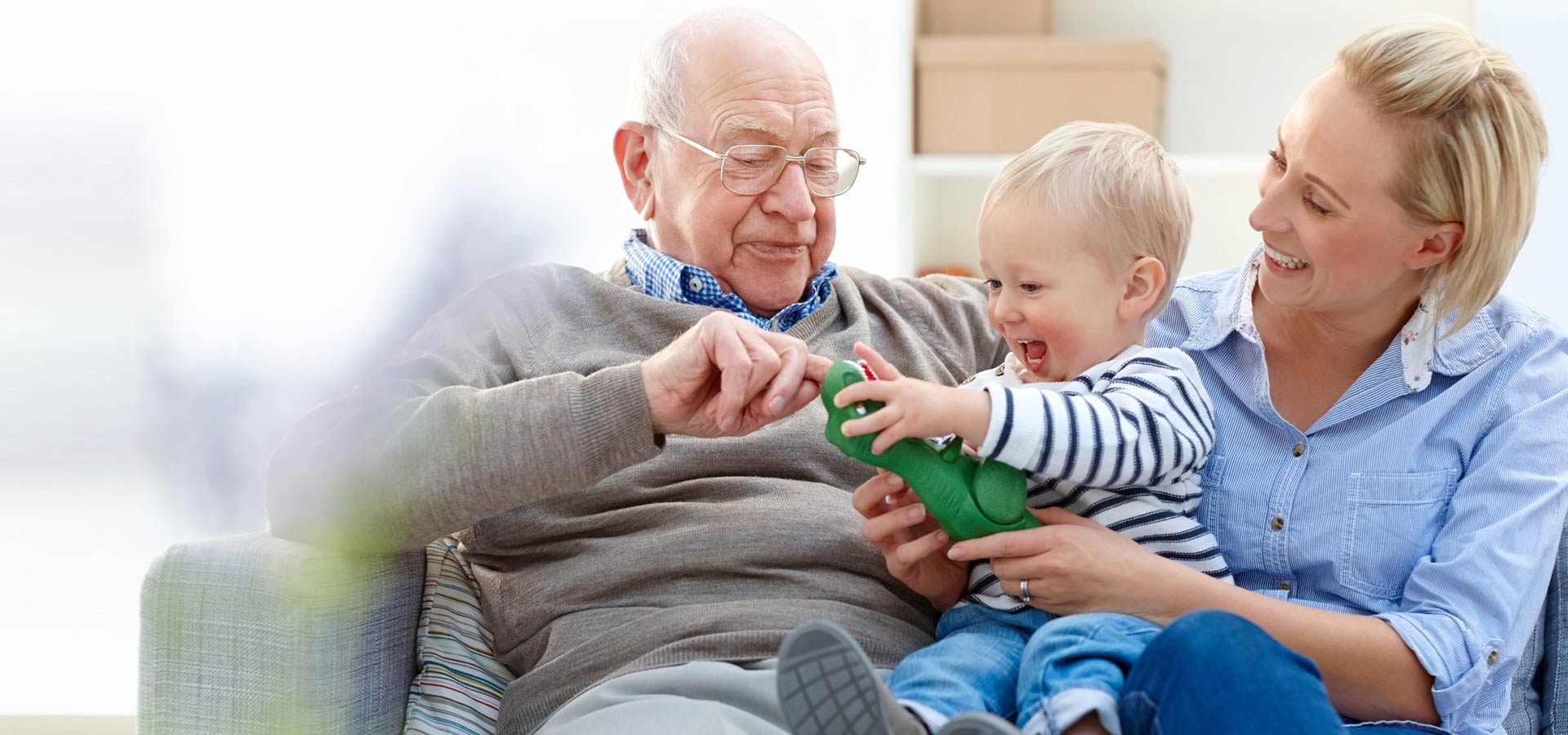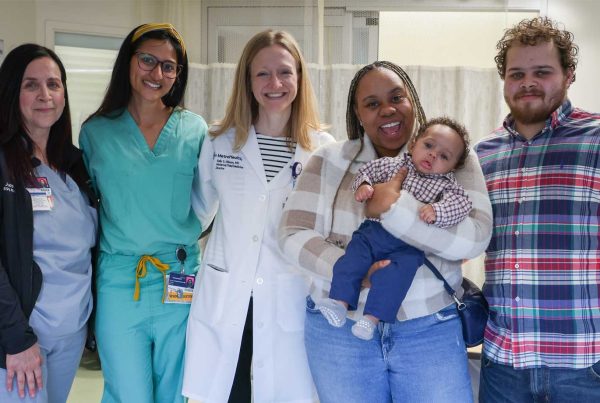Is it time to transition mom or dad’s primary care to a geriatrician? To learn more or to make an appointment, please call 216-957-2100.
If you have elderly friends or loved ones, the good news is that it’s easy to help them get the care they need.
“The plagues of old age are loneliness and boredom,” says James Campbell, MD, director of geriatric health at MetroHealth. In addition to making sure they’re safe, let the older adults in your life know you care about them. “Let them know they are loved and aren’t alone.”
- Spend time with older loved ones. Reminisce, play cards, or go to a movie or for a walk. Socializing and getting some exercise are good activities for cognitive health. The theater is a great way to spend some special time — Playhouse Square in downtown Cleveland is the largest performing arts district outside of New York City.
- Exchange letters and call regularly. “It may seem old-fashioned, but who doesn’t love getting letters,” says Dr. Campbell. Getting the kids involved in letter-writing can make it even more fun. In addition, a friendly phone call to check in between in-person visits can go a long way to making seniors feel looked after.
- Help them contend with bad weather. Any time the power fails, check in. Older people may rely on a medical device such as an oxygen concentrator or a specialty bed that requires electricity. Consider buying a generator.
- Bring them fresh food. Older adults, especially those with arthritis or disabilities, may have difficulty venturing out and often fall back on canned food because of cost, convenience and shelf life. Fresh fruits, vegetables and lean meats pack nutrients that canned goods don’t, says Dr. Campbell. Set aside a serving of a healthy home-cooked meal and surprise them on a weeknight, or volunteer to cook at their home and share a meal with fresh ingredients. You can get the whole family involved and try to make it a weekly event.
- Encourage the use of a home medical emergency alert system. At the push of a button, these systems automatically connect your loved ones to a response center or emergency medical services. Some devices include fall detection sensors (see Reducing the Risk of Falls). They can be worn on the wrist or around the neck.
- Be aware of cognitive health. If you notice older loved ones are having problems remembering appointments, recent events and conversations, or are having difficulty making good decisions or completing routine tasks, make sure they see a doctor for an evaluation.
Reducing the Risk of Falls
Help older adults avoid falls with the following safety tips:
- Conduct a safety assessment. Walk through your loved one’s house to check that stair railings are secure. Install safety bars in the tub or shower. Make sure the lighting is good and put nightlights in hallways and bathrooms. Remove falling hazards such rugs that buckle or items that may be sitting on the floor.
- Talk about building strength and balance through exercise. Suggest a water walking, yoga or Tai Chi class. Regular physical activity can help older adults stay steady on their feet.
- Ask about their health. Are they having problems seeing? Are they experiencing any side effects from their medications? Are they having problems getting up out of chairs or their bed? If the answer to any of these is yes, suggest a visit to the doctor.
- Help them enroll in a falls prevention class. A Matter of Balance is an evidence-based, eight-week structured group intervention offered at MetroHealth locations that emphasizes practical strategies to reduce fear of falling and increase activity levels. Visit our website to learn more.
Contributor:

James Campbell, MD
Geriatric Medicine










